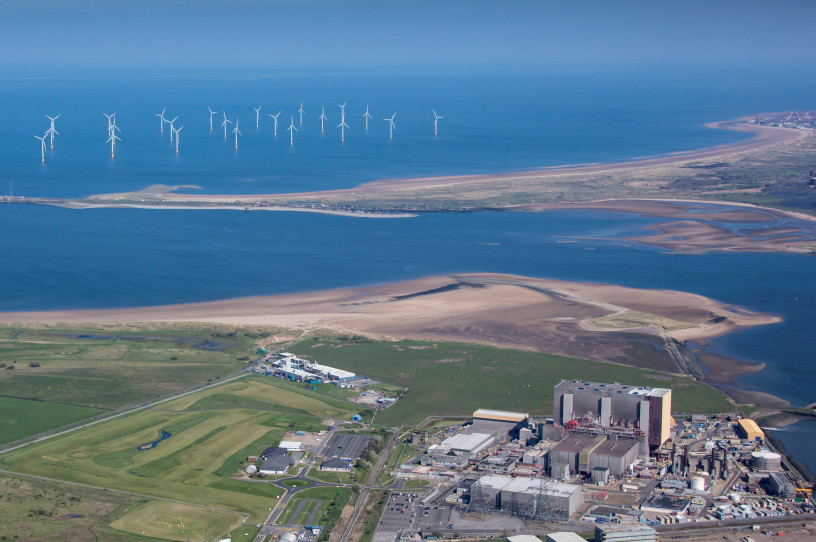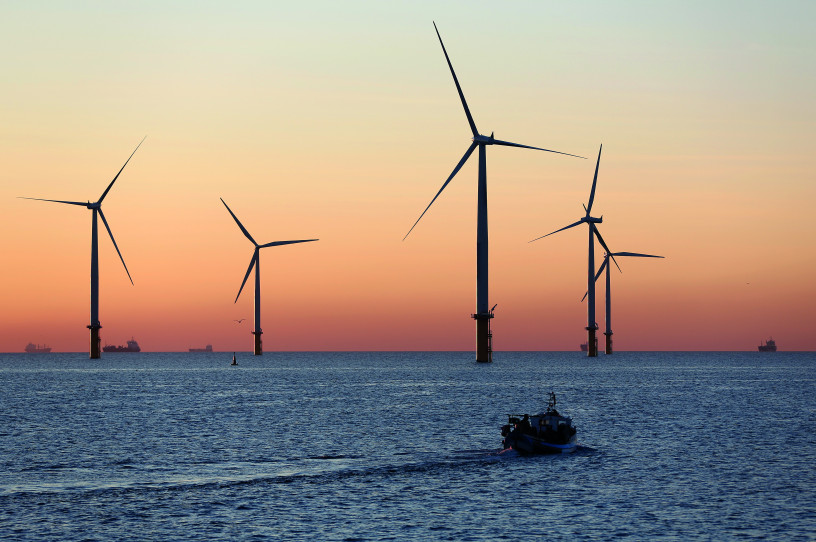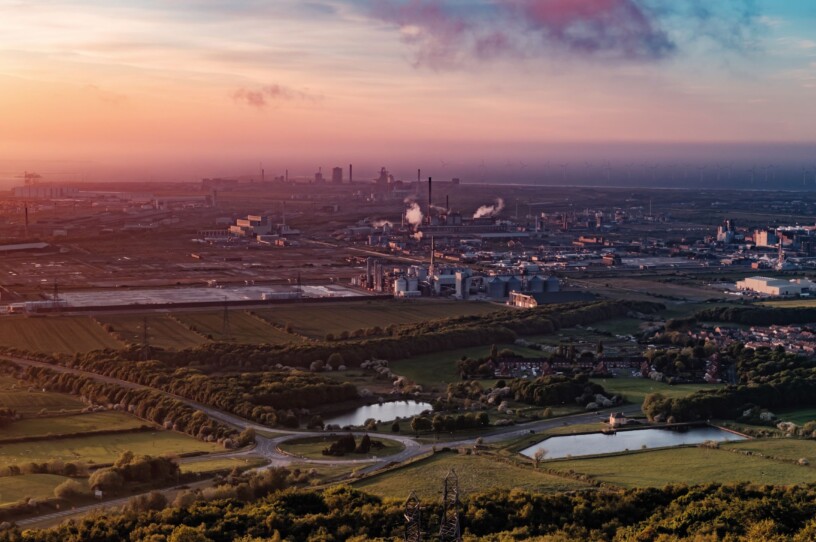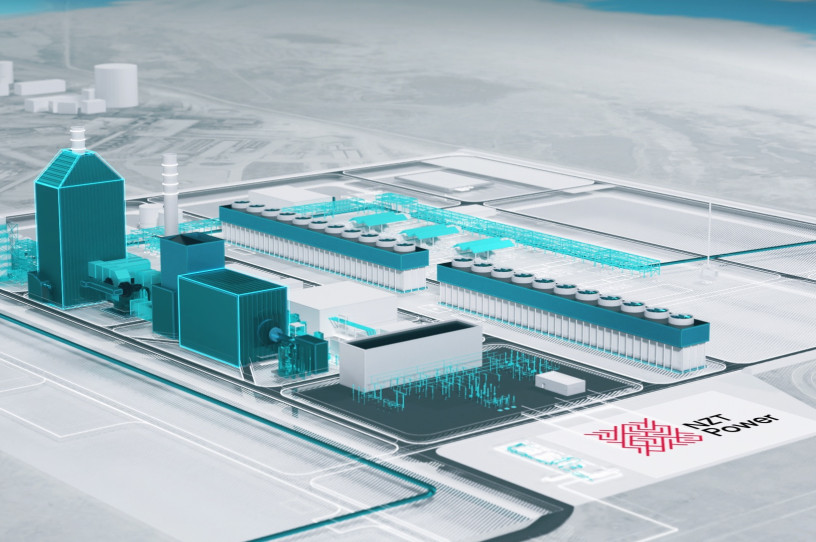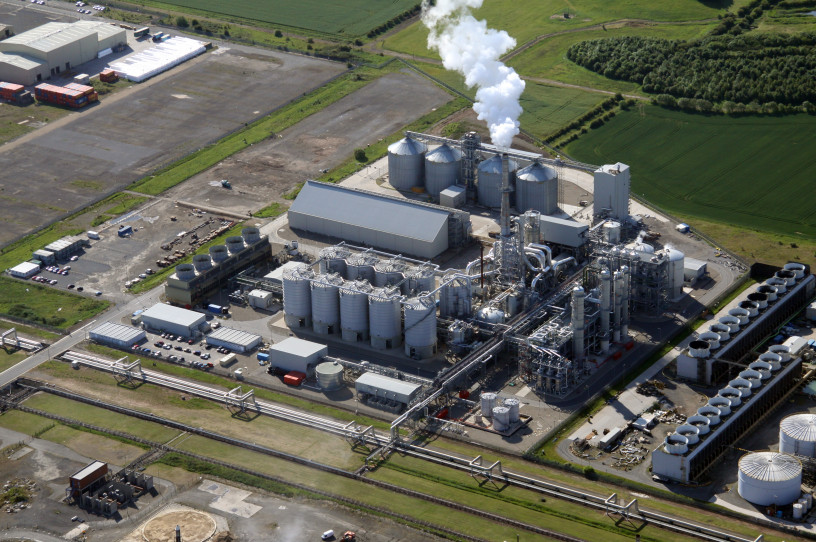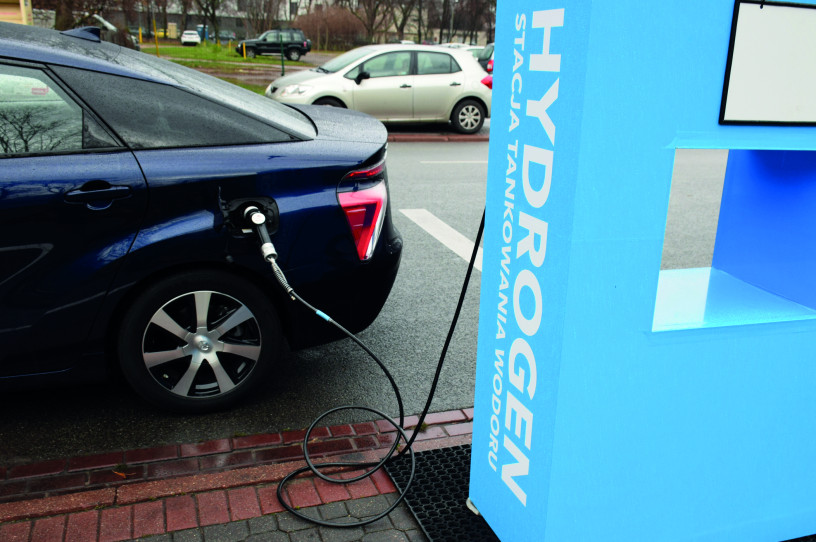The bp-led Net Zero Teesside is a Carbon Capture, Utilisation and Storage (CCUS) project that aims to decarbonise a cluster of carbon-intensive businesses by as early as 2030 and deliver the UK’s first zero-carbon industrial cluster. Working in partnership with local industry and with committed, world class partners, the Project plans to capture up to 10 million tonnes of carbon dioxide emissions, the equivalent to the annual energy use of more than three million UK homes.
Set to be based at Teesworks Zero Teesside has been named as Government’s premier UK net zero project as part of the East Coast Cluster. It will play a significant role in local and national plans for regional development and in the UK’s low carbon industrial strategy. During construction, the Project could enable an annual gross benefit of up to £450million and support up to 5,500 direct jobs. The project can launch a green economy in the north east by supporting and safeguarding existing jobs, creating new jobs and driving growth in the local economy.
The CCUS network, once in place, will attract companies to the region that are seeking opportunities for either disposing of or utilising CO2.

